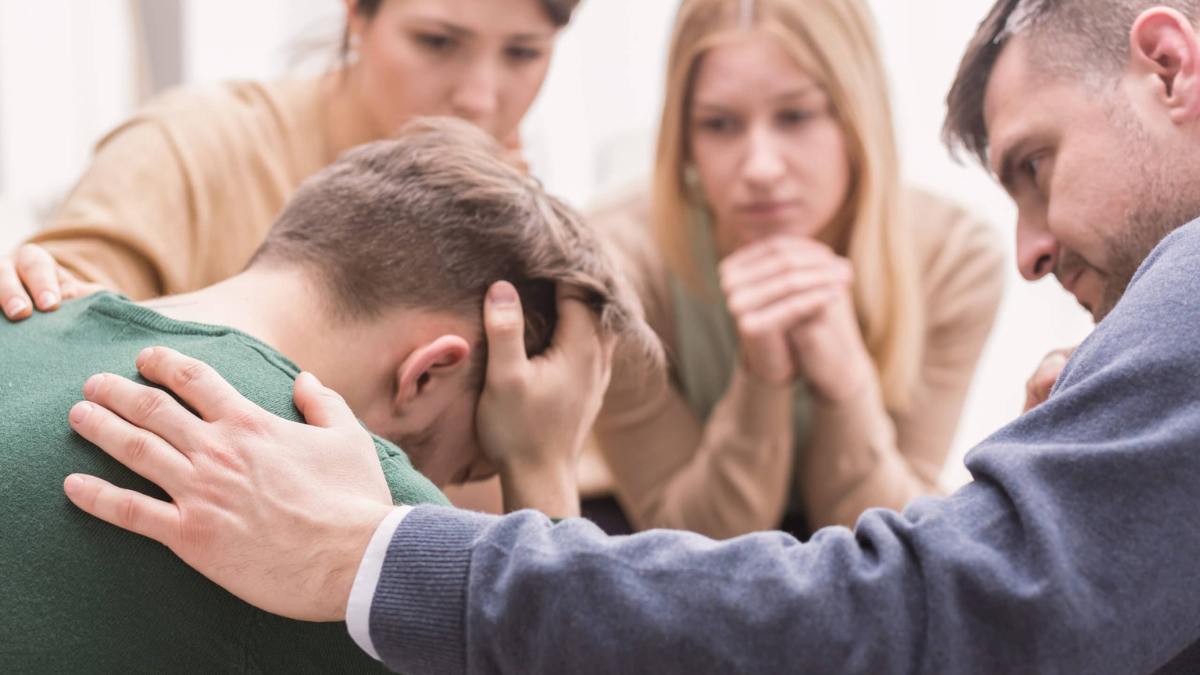Reconnecting with Family in Recovery
The effects of addiction are far-reaching and life altering. They not only wreak havoc on an individual’s physical and mental health, but they can also strain relationships with loved ones to the breaking point. When you’re abusing drugs or alcohol, you may do or say things that negatively impact the people most important to you. Hence, betraying their trust and harming them in ways you never intended. Once in recovery, you may feel isolated and ashamed, and these relationships may seem beyond repair. One of the biggest challenges that our clients face is repairing relationships in recovery with friends and family.
Repairing relationships in recovery is often overwhelming, but the benefits can be life-changing. That’s why we’ve compiled the most common advice for navigating the intricate dynamics of family and recovery.
At Extra Mile Recovery, we aim to help you in strengthening connections with your support circle and reconnecting with family in addiction recovery.
Make Promises and Keep Them
The first and most important part of repairing any relationship is trust, but the unfortunate reality is that building trust is far more difficult than breaking it. While in the throes of addiction, you may have broken promises, large and small: you may have promised to do someone a favor and forgot, or promised to be somewhere and never showed up. You may have even lied about it.
Now that you’re in recovery, show your loved ones that you are determined to follow through on the things you say you will do. Start rebuilding relationships in recovery with a new track record of being true to your word. Whether it’s your child’s dance recital or dinner with your parents, keeping your promises is essential to reconnecting with those you care about.

Apologize and Be Patient
While in rehab, you have the opportunity to come to terms with your addiction and begin to heal yourself. As you are reconnecting with family in addiction recovery, you may come to realize that there are people in your life to whom you owe an apology. It’s time to make amends for your words or actions while addicted.
However, you should also brace yourself for people to remain angry with you, hesitate to trust you, or flat-out refuse your apology. This experience can be discouraging, but remember, you can’t control the way other people feel.
Sometimes, you may have to step back and put yourself in their shoes. While you may be unable to save every relationship, some people in your life may just need time and space.
Through patience, you show your loved ones that your apology is not conditional upon their forgiveness and that you respect their feelings. From there, all you can do is give them time and stay focused on your recovery.
USE HEALTHY COMMUNICATION METHODS
During addiction treatment, you’ll learn effective ways to communicate in group settings and individual therapy. Being immersed in a supportive environment helps our clients to be consistent with healthy communication. However, staying diligent with these methods can be challenging once you’ve left a rehab setting.
As you’re repairing relationships during recovery, it is essential to use healthy communication methods with loved ones. If a friend or family member isn’t using healthy communication methods with you, do your best to utilize the new skills you have acquired.
Healthy communication on your end will help in rebuilding relationships in recovery that can be saved. This provides the best environment for loved ones to understand your experiences and for you to show them that you understand theirs. The rest will be up to them as they work through their feelings.
Open Up and Express Gratitude
While reconnecting with family in addiction recovery, showing your gratitude is vital. No matter who is still standing by your side, thank them. Your friends and family may be the reason you went to rehab in the first place; it’s very possible that you owe them your life. While you continue repairing relationships in recovery, let the people in your life know how much they mean to you.
Even if you aren’t a sentimental sort of person, express your gratitude as often as you can. Communicate with your loved ones openly and honestly. Letting them know how much you appreciate them costs nothing and means everything.
DON’T BEAT YOURSELF UP EMOTIONALLY
CONTINUE TO WORK ON YOURSELF
The best way to help yourself and your family is to keep putting in the work. Remember that addiction is a disease, and lifelong recovery is undoubtedly within reach through continued work.
Working on yourself during recovery involves:
- Attending meetings and staying connected with your support system
- Participating in 12-step programs
- Continuing your own healing through therapy
- Seeking help early when triggered
When people come to rehab, they have taken the critical step of recognizing they can’t do this alone. Therefore, it’s crucial to continue seeking help and support from your sober community as you navigate challenges during addiction recovery.
By continuously working on yourself, you lay the groundwork for lifelong sobriety. Preventing relapse will allow you to continue rebuilding your life and repairing relationships in recovery.

SEEK ADDITIONAL HELP to Begin Repairing Relationships in Recovery
Family support in addiction recovery is vital. Therefore, if you have a long road to repairing relationships in recovery, Extra Mile Recovery is here to help. Many families find it extremely beneficial to attend family counseling because this allows a trained professional to facilitate healthy communication.
If you need help reconnecting with family in addiction recovery, we are here to support you every step of the way. Family support in addiction recovery is crucial. That’s why our Family Therapy Program is designed to help clients and their families rebuild their relationships, creating a solid foundation for recovery now and in the future.
If you or a loved one is struggling with addiction, contact us today.
